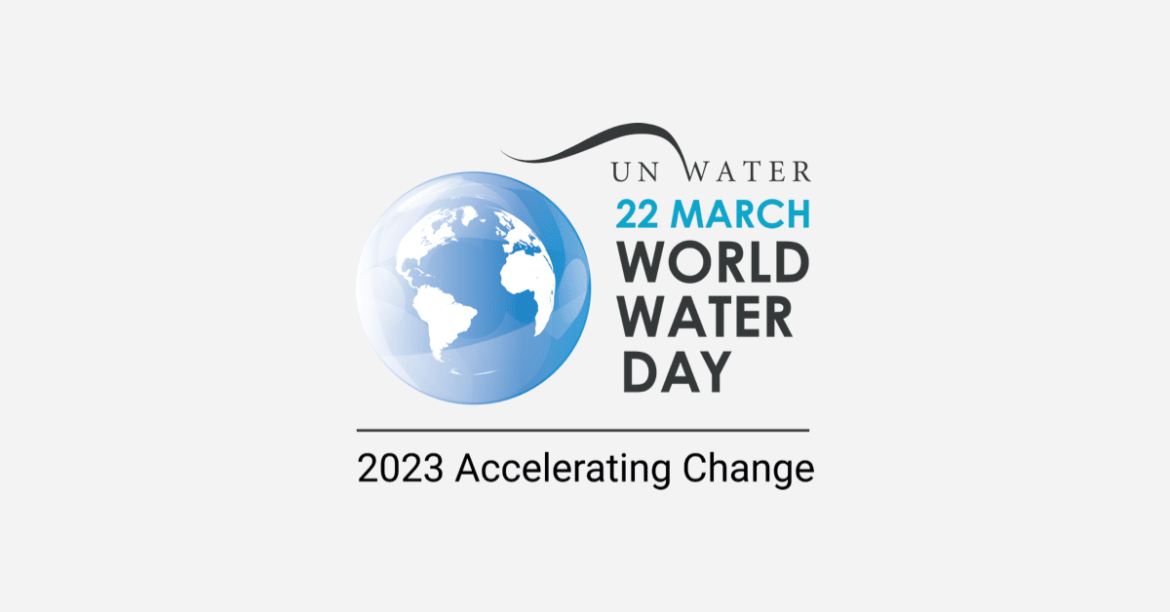By Asmau Ahmad
The United Nations Children’s Fund (UNICEF) Chief of Water, Sanitation and Hygiene (WASH) in Nigeria, Dr Jane Bevan said access to potable water is a distinct human right.
She said this in an interview with newsmen in Abuja, ahead of the 2023 World Water Day which has “Accelerating Change” as its theme.
The day is an annual United Nations observance day held on March 22 to highlight the importance of fresh water. The day is used to advocate for sustainable management of freshwater resources.
According to the UNICEF chief, every citizen has the privilege and should be able to realise the right for access to safe water.
She also said that the impact of climate change, the problem of access to water and the diseases that result like cholera, which kill mostly children are the focus of this year’s commemoration.
She added that Nigeria is among 10 high burden countries in Sub Saharan Africa with the tripartite problem “and unfortunately, Nigeria holds 40 per cent of that burden.
“If you don’t have access to safe water, there are numerous knock-on effects. For example, if children have to go long distances to fetch water, they are often missing out on education.
“Similarly, if women have to go and fetch water, they are often missing out on earning an income. They cannot do other jobs whilst they are busy just fetching water to survive and then if the water is of poor quality, or is infected with anything, people are going to get sick.
“It’s often the children that bear the brunt. We have such a high under five mortality rates in this country and children often are the worst affected by anything like cholera or outbreaks of diarrheal disease.
“Then the water scarcity has a whole load of hygiene related diseases as well. So, just little things like scabies and other diseases that really could be prevented, and many diseases that you might not be aware of are often related, such as Neglected Tropical Diseases.”
Bevan also said that diseases like trachoma, which is an infection of the eyes, onchocerciasis and schistosomiasis were related to poor quality water and unsafe water practices.
The WASH chief added that children being affected by poor and unsafe water meant that they were not realising their full potential in a lot of ways.
On meeting the Sustainable Development Goal (SDG) 6 on water and sanitation for all by 2030, Bevan said Nigeria like many other countries, was lagging behind.
She said that this was a huge challenge and at the moment, Nigeria has between 60 to 70 per cent of coverage of water, meaning really shows that with the current rate of acceleration, Nigeria couldn’t possibly meet the SDGs until considerably later.
According to her, it may take about 16 years at the current trajectory unless coverage is accelerated.
She, however, said that one of the principal issues that UNICEF has been supporting the Federal Ministry of Water Resources on is looking at sustainability.
This, she said, was because even the existing facilities were sometimes falling into disrepair and not being fixed.
On what could be done to address the situation, Bevan said funding for water should be prioritised.
She said that Nigeria has one of the least funded sectors in the WASH region and definitely more of the nation’s Gross Domestic Product (GDP) could be spent on making sure that the poorest and the most vulnerable have most access to water.
She also called on state governors to prioritise WASH even though they have lots of calls on their requests for payment for schools, for healthcare facilities and many different aspects of the national programme.
But I would really urge that everybody considers that the provision of basic infrastructure such as pipes and boreholes for water are absolutely fundamental to the well-being of the people in your state.”
She, however, said that the world over, everyone needs to step up their game, in terms of really accelerating coverage to try and meet the SDGs on water and sanitation.
She said that water goes hand in hand with sanitation as sanitation was another key cause of childhood diarrheal diseases and other ailments.
Bevan added that sanitation coverage in Nigeria was really very low with an estimated 50 million people not having access to toilets and defecating in the open.




